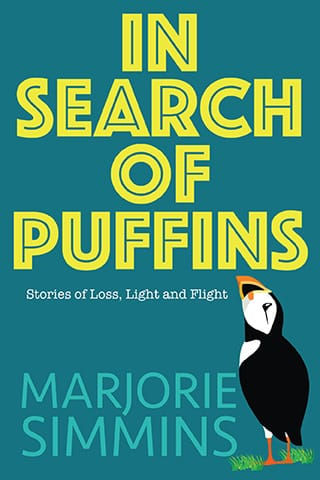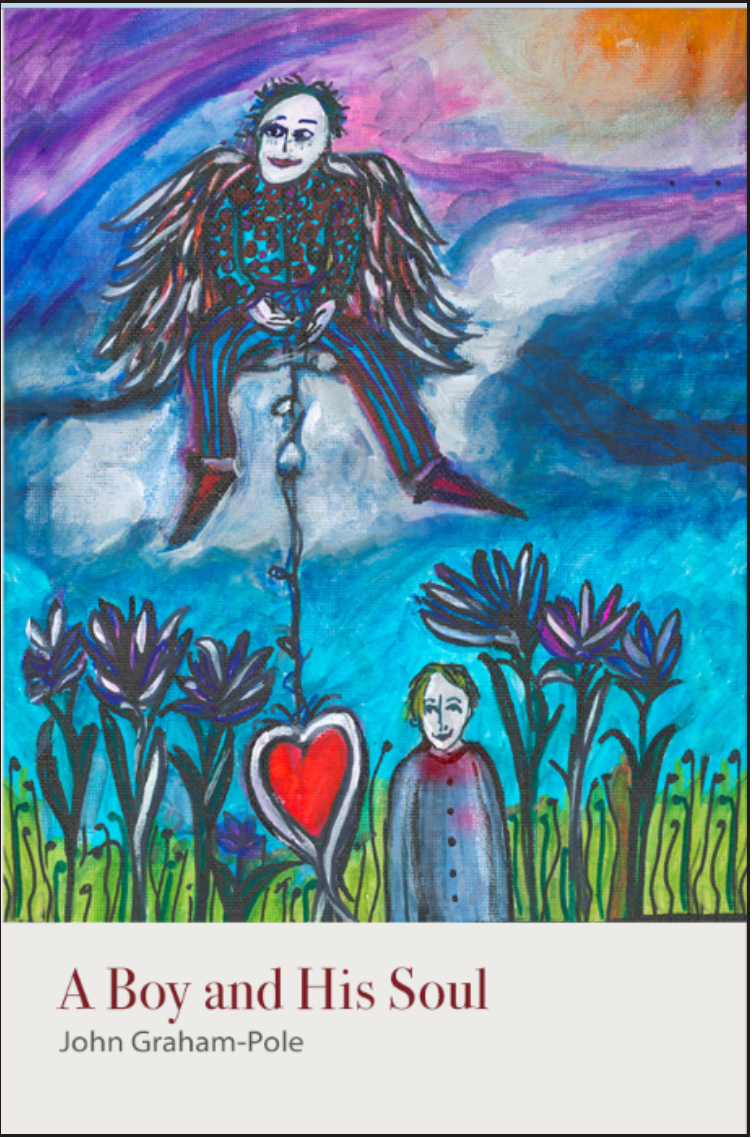He Who Would Walk the Earth
Felix Babimoosay is his most recent name, and it seems better than any other name he’s been offered. He journeys ever forward across a sharp landscape of flat plains, stung by insects, wind, and thirst. Unable to remember his past, he doggedly walks alone through the decaying world until he is pursued by a threatening man claiming a bounty on Felix’s head. Felix’s irritation spurs a slow memory of the days he left behind, until he stumbles into a corrupted town and a city of talking crows that push him to move beyond his lost memories.
Sparse and dreamy, Griffin Bjerke-Clarke’s debut novel explores memory, identity, trauma, and healing through a timeless journey. Métis storytelling methods and elements of horror infuse He Who Would Walk the Earth, an anti-colonial western that powerfully evokes a mood reminiscent of twentieth-century classics like Waiting for Godot. This book unsettles as much as it stokes, dystopian in Felix’s apathy yet optimistic in the way he addresses challenges along his listless way. In the end, Felix must learn from his earnest mistakes as he begins to understand that agency requires collaborating with those around him.





















